Relationship of the photon to cosmology and the origin of the universe.
Shared with Dropbox.
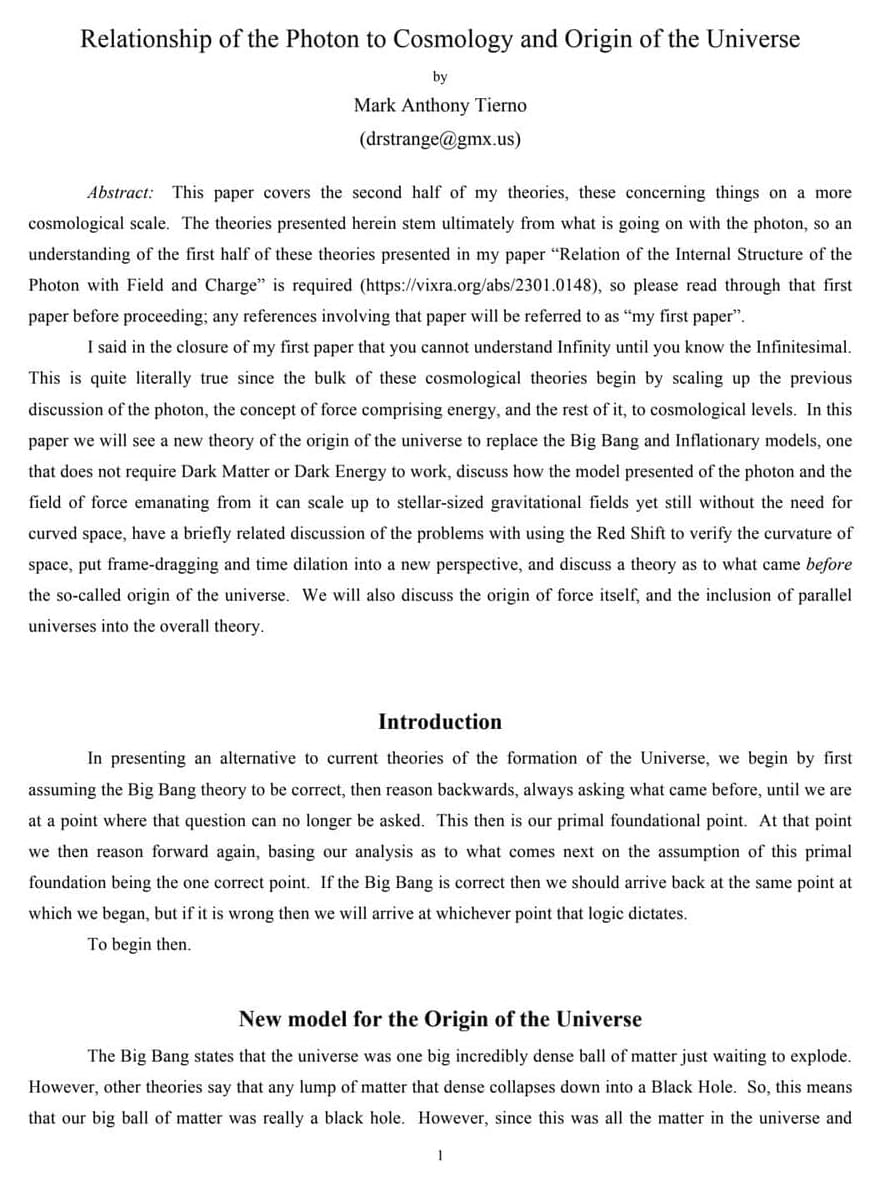

ABC News anchor Robin Roberts was brought to tears on Thursday while reporting on a new cancer treatment breakthrough. The story was about a new means of helping cancer patients find donors for blood stem cell transplants – something that Roberts herself had to deal with during her own cancer battle and subsequent health issues. She shed tears thinking of families who will not have to worry as much as she did.
Roberts presented this story along with Good Morning America co-hosts George Stephanopoulos and Lara Spencer. They explained how patients previously had to find a near perfect match for a blood stem cell transplant. This was a particular issue for people of color, but this new breakthrough more than doubles their chances of finding a match. They illustrated the effects with the real-life story of a girl who recently survived a cancer diagnosis that would have been much more dangerous beforehand. Roberts explained how broadening the list of potential donors can be so helpful – and can improve the mindsets of patients and their families as well.
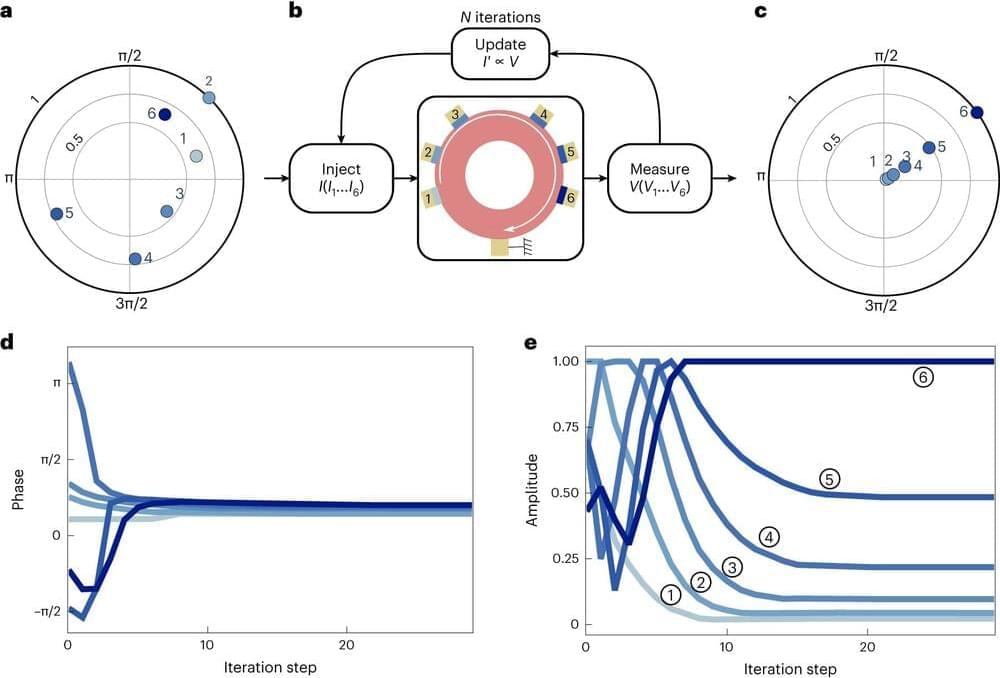
A significant breakthrough has been achieved by quantum physicists from Dresden and Würzburg. They’ve created a semiconductor device where exceptional robustness and sensitivity are ensured by a quantum phenomenon. This topological skin effect shields the functionality of the device from external perturbations, allowing for measurements of unprecedented precision.
This remarkable advance results from the clever arrangement of contacts on the aluminum-gallium-arsenide material. It unlocks potential for high-precision quantum modules in topological physics, bringing these materials into the semiconductor industry’s focus. These results, published in Nature Physics, mark a major milestone.
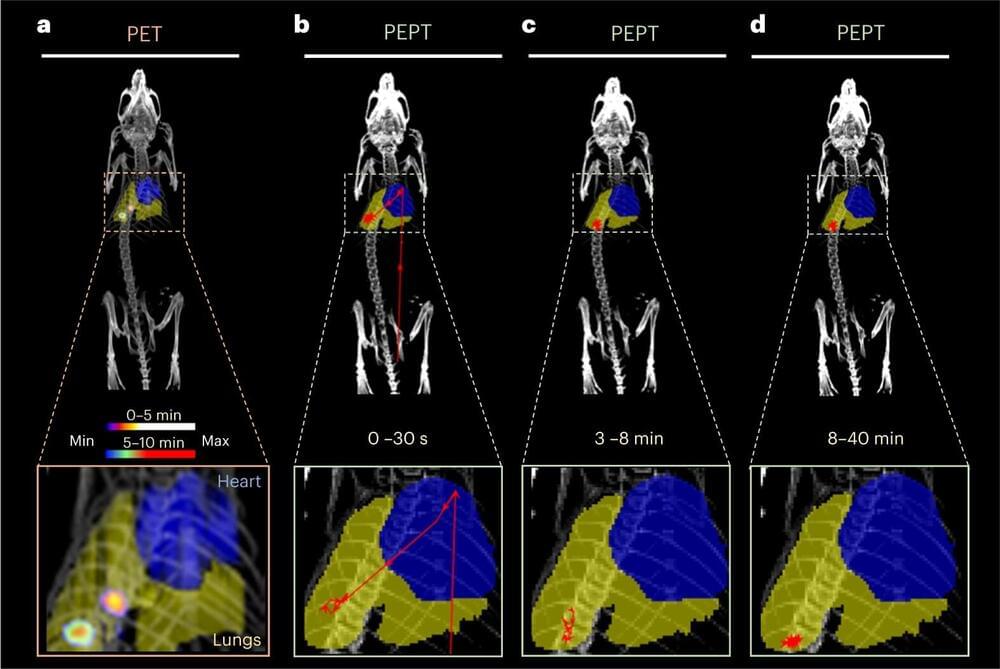
Researchers from the School of Biomedical Engineering & Imaging Sciences have published a new study exploring the use of positron emission particle tracking (PEPT) in a living subject for the first time.
PEPT technology allows for the 3D localization and tracking of a single radioactive particle within large, dense, and/or optically opaque systems, which is difficult to study using other methodologies. The technology is currently used to study flows within complex mechanical systems such as large engines, industrial mixers, etc., but has not yet been translated for use in biomedical applications.
PEPT has previously been an unexplored area in biomedical imaging due to the lack of methods to isolate and radiolabel a single particle of a small enough size and with enough radioactivity which to would enable it to be injected and detected in a living subject.
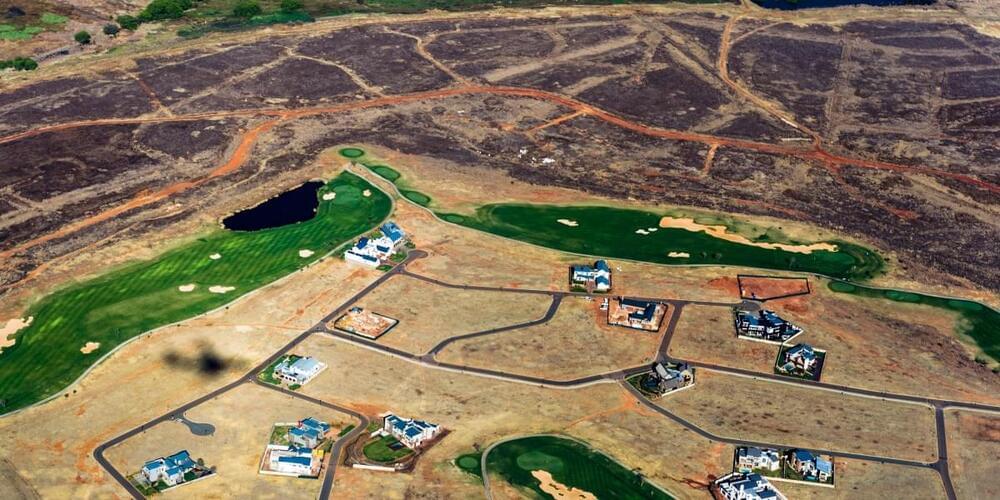
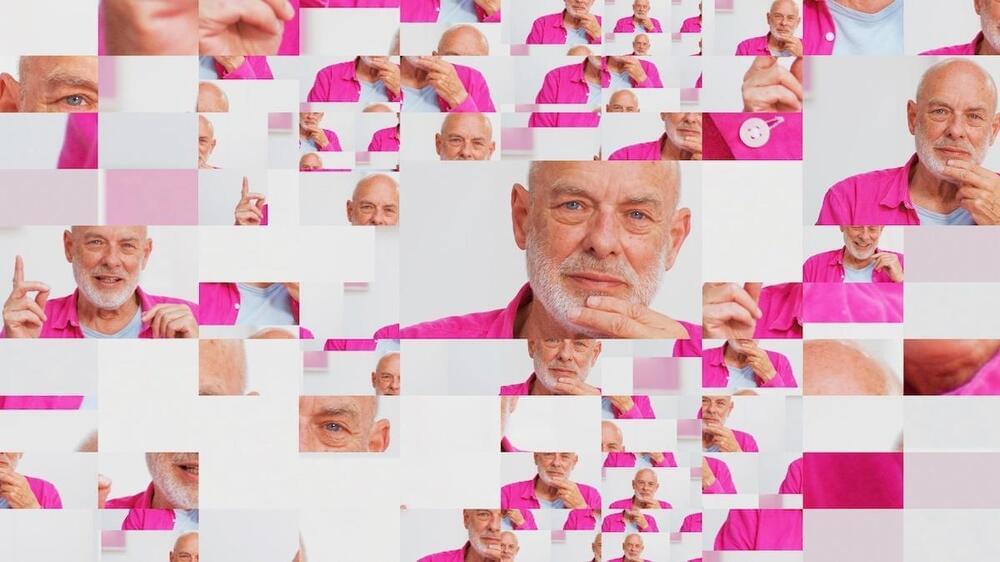
Eno, the career-spanning documentary about Brian Eno that premieres at the Sundance Film Festival, is a bracing dive into the brain of one of the most transformative musicians, producers and sound pioneers of the past half century.
‘Eno’ uses generative AI to create an always-changing, but compelling story about musician and producer Brian Eno.
JAXA’s SLIM spacecraft, fondly known as the ‘Moon Sniper,’ took off for a precision lunar landing on January 19, 2024.
Japanese toy manufacturer Takara Tomy developed the lunar rover, SORA-Q, in association with JAXA, Sony Group, and Doshisha University.
Innovative offering
The creative minds at JAXA’s design department faced the challenge of developing a compact and lightweight lunar probe capable of accompanying the main lander to the moon. Simultaneously, they aimed for a design that would be straightforward and durable enough to operate effectively on the uneven lunar terrain. To find innovative solutions, they sought inspiration from an unexpected source: a company known for crafting toys.
The creation of SORA-Q drew upon insights in miniaturization and weight reduction derived from the firm’s expertise in toy manufacturing. Additionally, the firm claims it incorporated technologies associated with metamorphic mechanisms, exemplified by Transformers. The company hopes that SORA-Q will kindle children’s curiosity in the natural sciences, fostering an exhilarating exploration of the wonders of space.
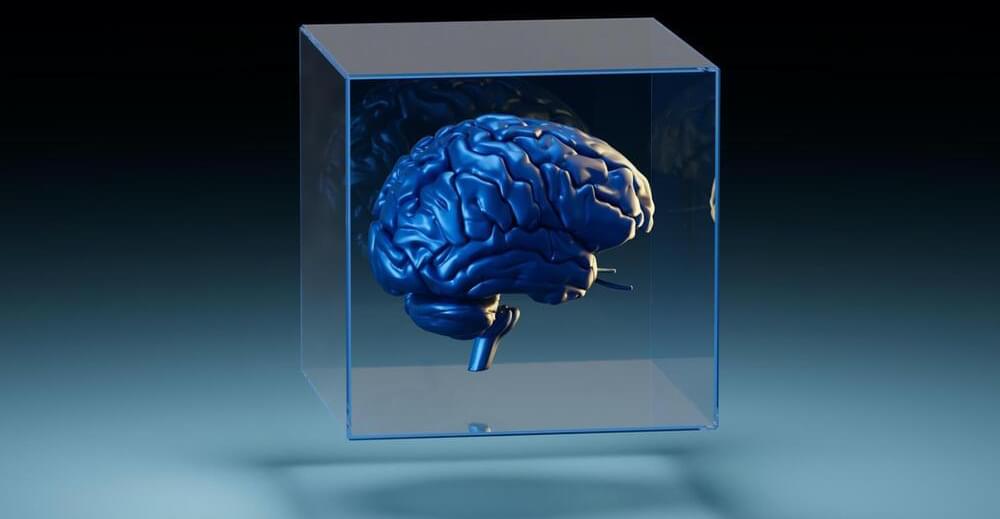
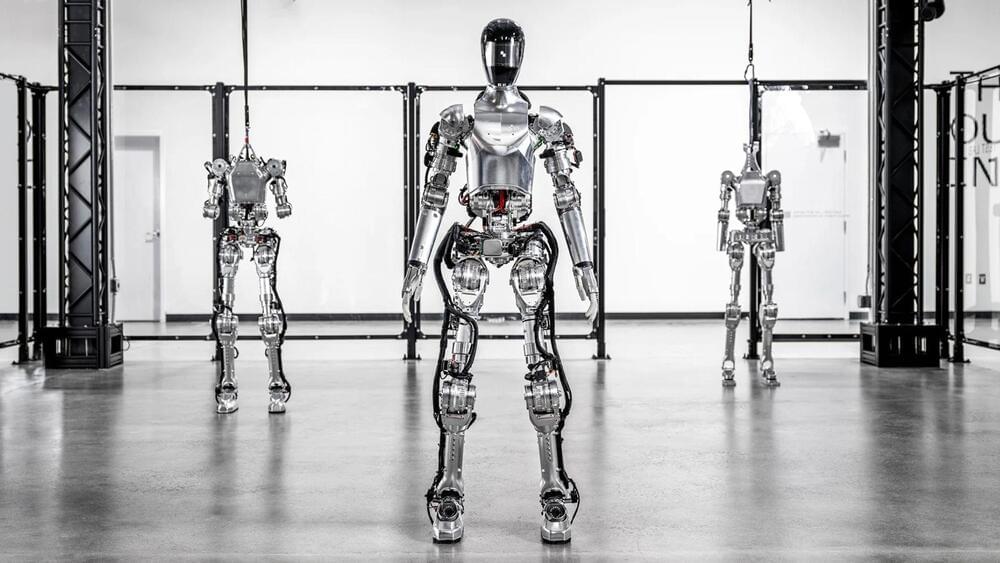
BMW Manufacturing has announced a new partnership with Figure, a robotics startup that specializes in humanoid robots. The partnership will see Figure’s robots being deployed in BMW’s facility in Spartanburg, South Carolina, the largest automotive exporter in the US.
This is the first commercial deal that Figure has signed since it was founded in 2022. The company did not reveal how many robots BMW will be using but said that the partnership will begin with small quantities and scale up if the robots meet the performance expectations.